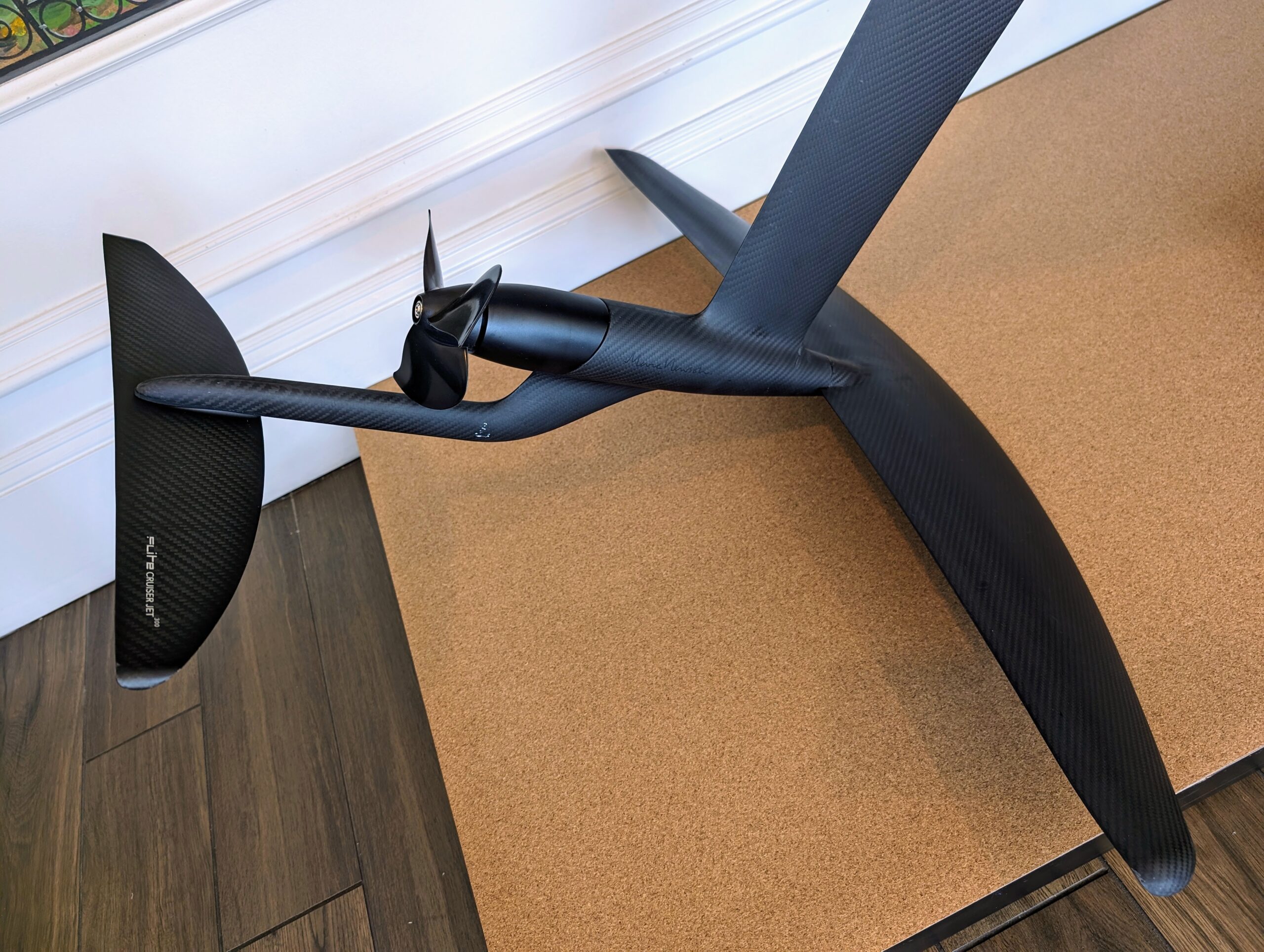Brazil-focused explorer Bravo Mining (TSXV:BRVO; OTCQX:BRVMF) shares surged on Monday after the company announced an initial mineral resource estimate for its Luanga palladium-platinum-rhodium-gold-nickel project located in Pará state.
By 11:20 a.m. EDT, the stock was trading 11.6% higher on the TSX Venture Exchange at $2.70 apiece, within a 52-week range of $1.60 and $5.24. The company has a market capitalization of $285 million.
The MRE for Luanga showed a substantial increase in tonnes and contained metals at higher palladium-equivalent (PdEq) grades than the historical estimate reported by Vale SA, the project’s previous owner, Bravo said.
Indicated resources amounted to 73 million tonnes at 1.75 grams per tonne PdEq for 4.1 million oz. of PdEq, while inferred resources totalled 118 million tonnes at 1.50 g/t PdEq for 5.7 million oz. PdEq.
This represented increases of 38% and 62% in the respective categories over the 2017 historical estimate, which was reported to be 124 million tonnes grading 1.24 g/t Pd+Pt+Au and 0.11% Ni using a cut-off grade of 0.5g/t PGM+Au.
A majority of the Luanga mineral resource is in sulphides (fresh rock), including 89,500 tonnes of nickel in the indicated category and 104,600 tonnes inferred. Oxide material totalled 4.6 million tonnes at 1.43 g/t PdEq in the indicated category and 10 million tonnes at 1.30 g/t PdEq inferred.
The initial resource estimate was based on 77,612 metres of drilling (394 drill holes) completed by Bravo and historical owners inside the mineralized envelope at Luanga between 1992 and 2023.
“The delivery of our maiden mineral resource estimate after only 15 months from our IPO is arguably Bravo’s most significant milestone to date. The resource estimate underscores Luanga’s size, grade, and potential open-pittable nature, which is supported by straightforward metallurgy,” said Luis Azevedo, CEO of Bravo Mining.
“On top of such attributes, Luanga has the potential to be one of the few multi-million-ounce sources of such critical and scarce PGM and Ni metals outside regions challenged by political instability, infrastructure shortcomings and permitting complexities.”
According to the company, there is significant potential to increase Luanga’s oxide resource inventory beyond that in the MRE, as the mineralization remains open at depth along the entire 8.1 km strike of the deposit.
A fully funded, 63,000-metre drill program is currently underway to follow up the encouraging results beyond the current MRE limiting pit constraints. The trenching program, which Bravo says has proven to be an effective way of assessing oxide mineralization potential, is also set to be completed.
THIS ARTICLE WAS ORIGINALLY POSTED ON MINING.COM


